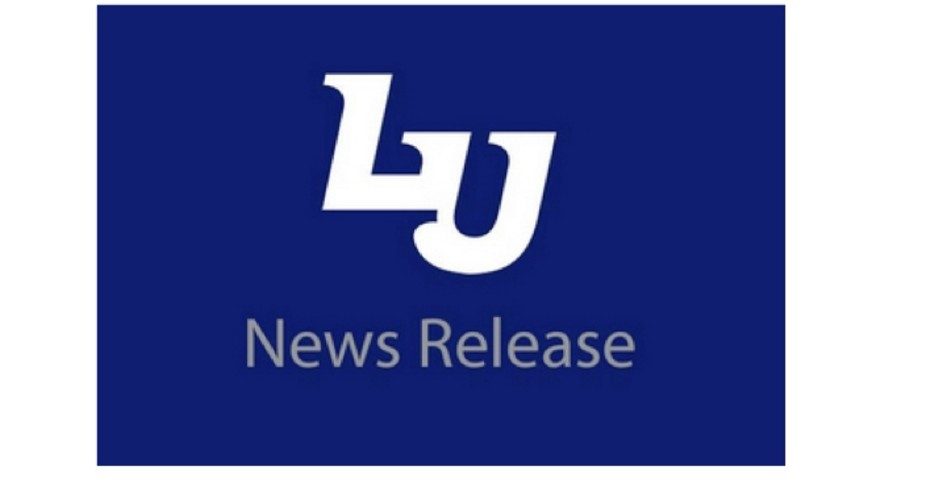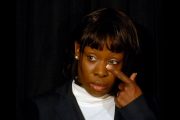
First, opinion-page writer Bari Weiss resigned from the New York Times on Tuesday, using a public letter to make the case that the paper’s coverage has degenerated into being driven by “clicks” and Twitter posts.
On Wednesday, Liberty University, the conservative evangelical university in Lynchburg, Virginia, created by the late Jerry Falwell, and now run by his son, Jerry Falwell, Jr., filed a $10 million defamation lawsuit against the Times, charging that the paper “made up” a damaging story that the school had become infected with COVID-19, alleging that Liberty was one of the few colleges in America that re-opened after spring break.
Liberty contends in its 100-page lawsuit that zero students came down with the virus.
Liberty actually did not actually “re-open,” but let back about 1,500 of 15,000 students who were foreign or did not want to return home. (In contrast, Harvard University in Massachusetts gave its students only a few hours to get completely out of its dorms.)
In its suit, Liberty noted that virus protections were taken, including social distancing, just like at other colleges and universities.
The New York Times story claims that an off-campus physician, Dr. Thomas Eppes, said several students had suffered some flu-like symptoms. It turned out the cases were not the coronavirus, but instead were simple upper-respiratory infections. Falwell told Sean Hannity on his radio program that COVID-19 is not an upper-respiratory infection, but rather a lower-respiratory disease.
The New York Times had written back in the spring, “So Mr. Falwell — a staunch ally of President Trump and an influential voice in the evangelical world — reopened the university last week, igniting a firestorm. As of Friday, Dr. Eppes said, nearly a dozen Liberty students were sick with symptoms that suggested Covid-19, the disease caused by the virus. Three were referred to local hospital centers for testing. An additional eight were told to self-isolate.”
No Liberty students were ever sick with COVID-19.
Liberty asked the New York Times to retract the story, concerned that the article could damage the school’s reputation. The Times has refused to do so.
“None of this was true,” the Liberty lawsuit alleges. “There was never an on-campus student diagnosed with Covid-19. The only actual ‘viral’ element of this narrative that existed was the intense ‘viral’ internet attention it generated for the New York Times’ website and for those paying to advertise on that website.”
Falwell told Hannity, “We’re loaded for bear.”
“It’s not right for the mainstream media to lie about and target conservative Christian organizations just because of their faith and because of their political beliefs, and we’re going to make an example out of them,” Falwell promised.
Falwell told Hannity on Thursday that any award given to Liberty in the lawsuit will be donated to charities that are working to mitigate the effects of the virus.
Falwell’s father was often the target of smear efforts, such as the time a pornographic magazine ran a cartoon depicting him having sex with his mother in an outhouse. While Falwell technically won the lawsuit, he could not receive monetary damages because the court said that no one could take the cartoon seriously (it was just a “joke”), and therefore he had not been damaged. Others called Falwell, a staunch defender of Israel, an anti-Semite, falsely claiming that he had said God does not hear the prayers of a Jew. Still others said that Falwell’s academy, created in the 1960s, was a “segregationist” academy, but the school never had any such policy and, in fact, enrolled black students.
The younger Falwell issued a statement in which he concluded the reasoning behind going through with the lawsuit: “They targeted us because the university is a conservative and Christian institution. While this fulfilled their ‘clickbait’ business model, it also violated the law in many ways. Therefore, we are holding the New York Times accountable for their malicious and false reporting and their violation of the measures we took to protect our students. [Reporters ignored the ‘no trespassing signs’ to come onto the campus — signs intended to keep outsiders off the campus to reduce the chances of the virus’ spread to the campus.] Politically-motivated attacks by the mainstream news media that defame and libel conservatives and Christians should not be allowed in the United States of America and will not be tolerated by Liberty University.”
Because of the 1964 Supreme Court decision New York Times v. Sullivan, libel suits by ‘public figures’ are very difficult to win. To win, a public figure must prove not only that the person made a false statement, but that the person knew that it was a false statement, or had reckless disregard for the truth (i.e., they really did not care, because they had malicious intent). And to recover a monetary award, the injured party must prove that they were actually damaged by the knowingly false statement.
Persons who hold public office, candidates for public office, celebrities, and the like are generally regarded as public figures under the Sullivan decision. There is little doubt that Falwell and his university would likewise be considered public figures, as well.
One fact that could prove damaging to the Times’ case is that the Virginia state department of health inspected Liberty — twice — and found they were in compliance with all the rules made by Governor Ralph Northam.
Perhaps the New York Times will wind up making a generous donation to some charities selected by Falwell and Liberty University.
Image: Screenshot of liberty.edu website
Steve Byas is a university instructor in history and government and the author of History’s Greatest Libels, a challenge to falsehoods made against many historical figures such as Christopher Columbus, Joseph McCarthy, Marie Antoinette, and Thomas Jefferson. He may be contacted at [email protected].



